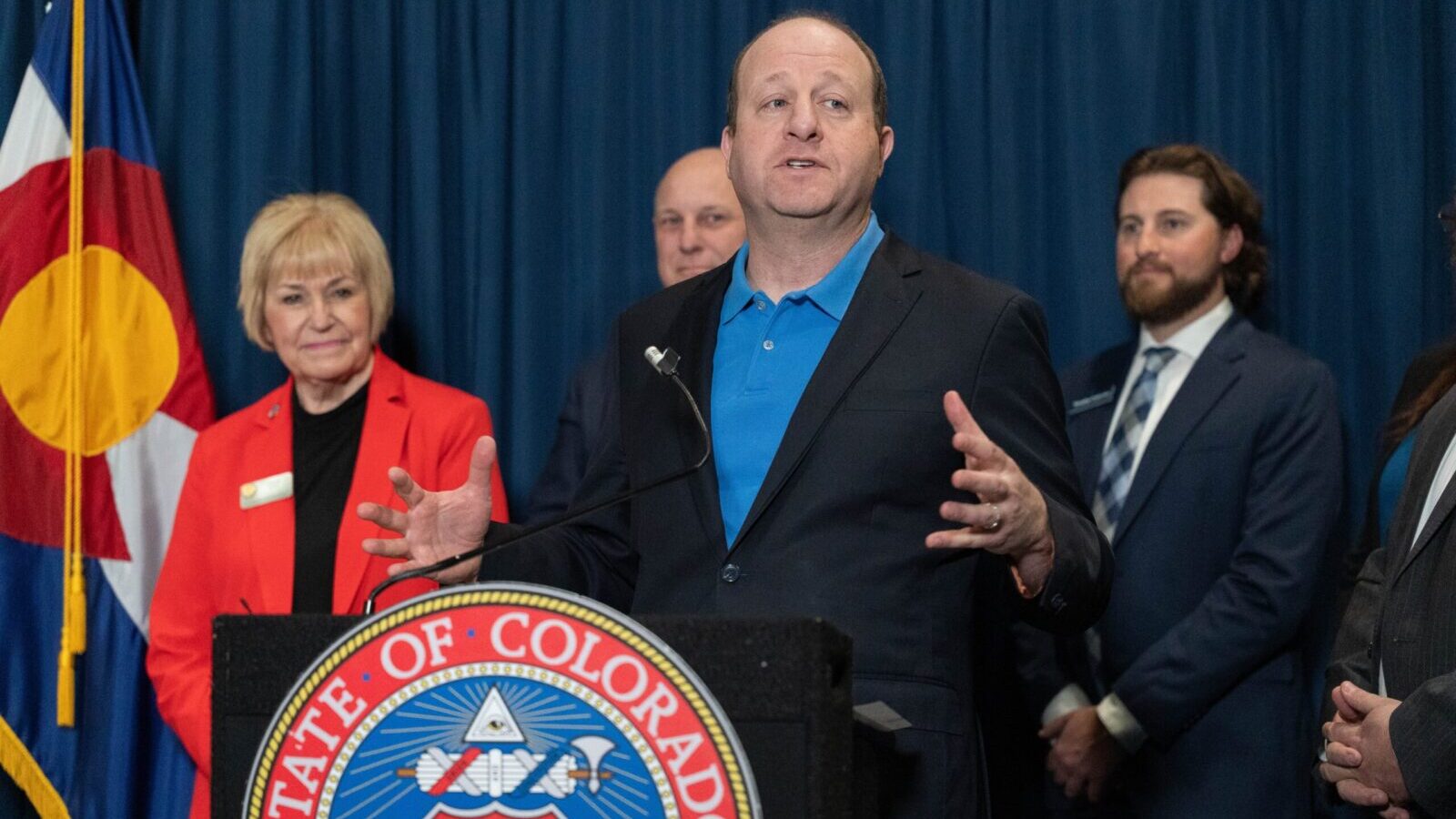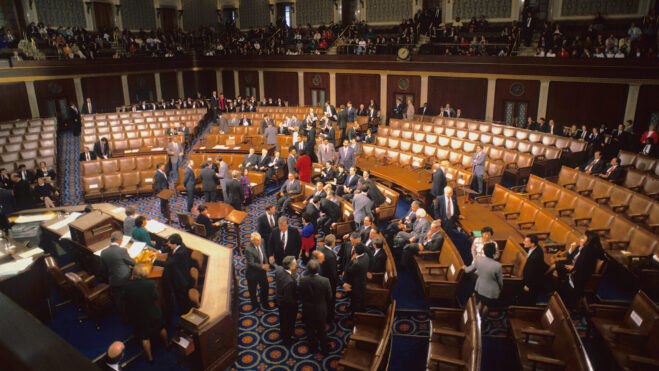Colorado Governor: Tribes Trying To ‘Undermine’ State With Wagering Lawsuit
Polis: Ute tribes attempting to encroach on state’s sovereignty
3 min

Claiming that two Indian tribes are seeking “to undermine the State’s ability to govern,” Colorado Gov. Jared Polis and his team Friday made a motion to dismiss a lawsuit that would allow the tribes to offer digital sports betting off reservation.
The Southern Ute and Ute Mountain Ute tribes last year sued the state, claiming they have the right offer digital betting. Colorado voters legalized statewide digital wagering in November 2019, and the state regulator launched platforms in May 2020. Since then, the tribes have offered in-person wagering and at least one launched an online platform that it shuttered.
The state’s motion to dismiss is the second in the case, following an update complaint from the tribes submitted in February.
The tribes argue that if state law allows for online betting, then under the Indian Gaming Regulatory Act, the tribes have the right to offer it, too.
But the ask is not quite that simple. The tribes argue in their lawsuit that the Seminole decision — under which the Florida tribe has exclusivity and can offer statewide digital betting — should allow them the same. However, the 2021 Seminole compact allows for bets taken anywhere in Florida to be “deemed to be placed where received.” In Florida, all bets run through a server on tribal land. And the Seminoles, through their Hard Rock Bet platform, are the only entity taking wagers.
‘Deemed’ language critical
In Colorado, more than 20 commercial platforms are currently live. Neither Ute tribe has the “deemed” language in its compact. And IGRA does not directly contemplate online betting. The Ute tribes would likely need to open their 1995 compacts — and both the state and the tribes would have to agree to adding the “deemed” language.
Tribes are traditionally hesitant to open their compacts as it creates an opportunity for states to try to negotiate in issues outside of gaming.
How IGRA is interpreted is where things get hazy. Polis’ team argues that the Ninth Circuit and the National Indian Gaming Commission agree that bets are taken where placed under IGRA. But in 2024, the Bureau of Indian Affairs released updated guidelines that interpret IGRA to mean that tribes can take bets from anywhere in a state, if the bets run through tribal servers. However, IGRA is a federal law and sports betting is a states’ rights issue, so a state and tribe must still agree to the setup.
The Seminoles so far are the only tribe with the “deemed” language to have launched statewide mobile sports betting. According to the Polis motion, two tribes in Kansas added this language into their compacts, and the BIA approved them.
In the three other states were tribes offer statewide mobile sports betting — Arizona, Connecticut, and Michigan — the tribes are operating under commercial agreements outside of IGRA. They pay state taxes and follow state regulatory rules. In Florida, the Seminoles agreed to a set revenue share with the state and are regulated primarily by a tribal gaming council.
Why should court dismiss?
In the motion to dismiss, Polis’ team outlines multiple arguments:
- Immunity: According to the motion, the 11th amendment precludes states and state officials from being sued in federal court. The Ute tribes filed suit in the U.S. District Court for the District of Colorado. In addition, the Polis team wrote, the U.S. Supreme Court ruled in 1996 that tribes cannot sue states even relating to IGRA (Seminole Tribe of Fla. v Fla. 517 U.S. 44, 72-73) and that an Ex parte Young argument cannot be made because “there is no violation of federal law to enjoin.”
- No claim under IGRA: In the motion, Polis’ lawyers argue that the Ute tribes did not effectively state a claim. IGRA, the team argues, “provides for only three causes of action, none of which apply here.”
- No claim under 1995 compacts: Both tribes compacted for gambling with the state of Colorado in 1995. At that time, the internet — never mind internet- or app-based gambling — were an idea, at best. The compacts do not contemplate bets taken off reservation. In addition, the Polis team wrote, the tribes cannot seek relief under IGRA, did not suggest arbitration, and did not offer any alternative federal remedies for their claim.
- Statute of limitations reached: The Polis team argues that the tribes did not file their claim timely. Digital and retail sports betting went live in Colorado in May 2020, but the Southern Utes did not file the original lawsuit until July 2024. Colorado has a three-year statute of limitations for contract actions and a two-year statute of limitations on “actions upon liability created by a federal statute” in which no limitations are mentioned.
What’s next?
In the motion, Polis’ team points out and provides evidence that the state shared its stance on the tribes offering off-reservation wagering ahead of the May 2020 launch. State attorneys say former regulatory chief Dan Hartman contacted the tribes via letters and had meetings. The tribes included copies of some of the letters in their lawsuit.
From here, the district court will review the motion and rule. Should it grant the motion, the case will be complete. The Ute tribes could then potentially pursue relief in state court, or by negotiating directly with the state.
Should the court deny the motion, the case will move forward. To date, the court has ruled in a timely manner on motions and requests, but no date has been set for when the court must rule on the motion to dismiss.






